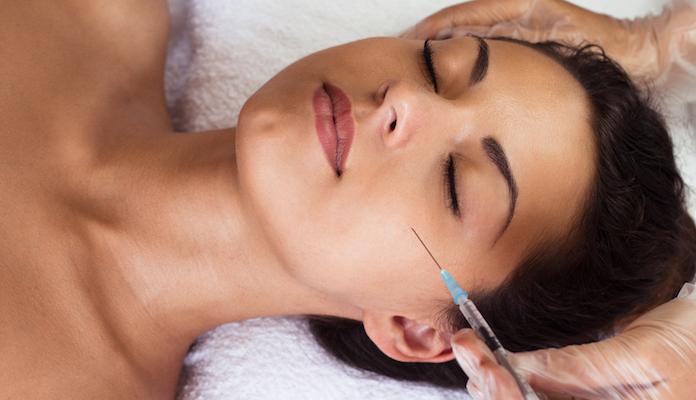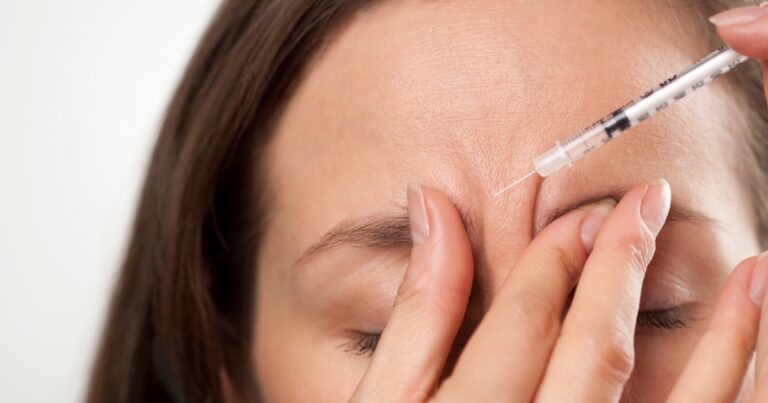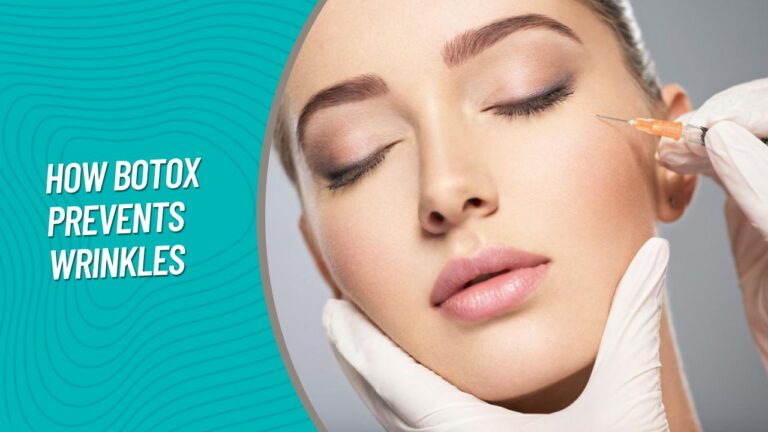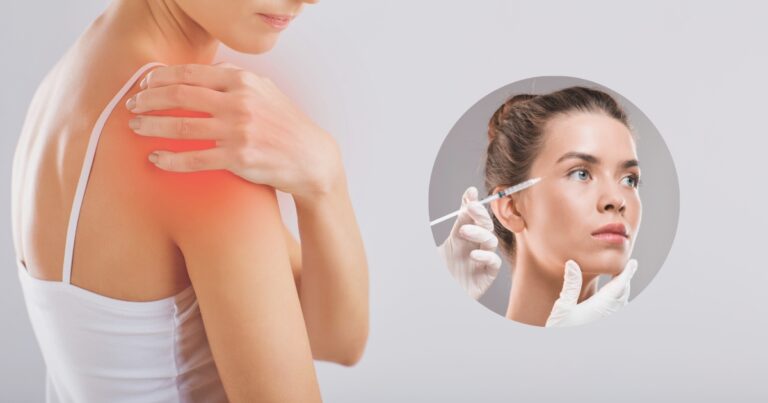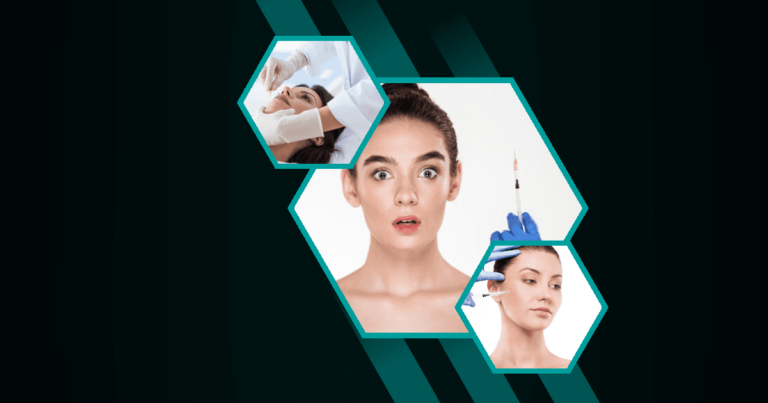Introduction
Botox, a household name in the realm of cosmetic procedures, is widely recognized for its ability to smooth wrinkles and rejuvenate the skin. However, its applications extend beyond aesthetics, offering therapeutic relief for various medical conditions. In this article, we introduce Dr. Tarek, a seasoned expert in cosmetic procedures, to shed light on the pressing question:
Can Botox Cause Breast Cancer?
The intersection of Botox and cancer risk has sparked a flurry of concerns and inquiries. It’s crucial to dissect these worries and examine the evidence to understand the potential implications of Botox treatments.
Exploring the concerns and questions around Botox and cancer risk
- Public apprehensions about Botox and its safety
- The need for clear information and guidance
Understanding Botox: Composition and Medical Uses
Botox, derived from a neurotoxin produced by the bacterium Clostridium botulinum, has a storied history in both therapeutic and cosmetic spheres.
What is Botox made of?
- Botulinum toxin type A as the active ingredient
- Excipients and formulation specifics
Therapeutic vs. cosmetic applications of Botox
- FDA-approved medical conditions treated with Botox
- Cosmetic enhancements achieved through Botox injections
The Alleged Link Between Botox and Cancer
Rumors and fears often outpace facts. It’s essential to confront the myths and scrutinize the available data to ascertain if there’s a direct link between Botox and cancer.
Research on Botox and Cancer Risk
Book A Consultation With Dr Tarek Bayazid
Top-rated Plastic Surgeon For Botox in Dubai
Installment Plan Available
| Study/Source | Findings | Source |
| Various Studies | No credible connection established between BOTOX and cancer development | Plastic Surgery Institute of Washington |
| Patient Considerations | Botox and fillers unrelated to breast cancer | Tri Valley Plastic Surgery |
| NCBI Review | Local injection of BoNTs (Botox) improves muscle spasms caused by cancerous mass lesions | NCBI |
Discussing the rumors and fears associated with Botox and cancer
- Common misconceptions and sources of misinformation
- The psychological impact of cancer-related rumors on patients
Examining the evidence: Is there a direct connection?
- Reviewing scientific literature and clinical findings
- Distinguishing correlation from causation
Scientific Research on Botox and Cancer Risk
A thorough review of studies is imperative to understand the safety profile of Botox and its association with breast cancer.
Overview of studies conducted on Botox and its safety
- Key research milestones and study designs
- Regulatory assessments and approvals
What the research says about Botox and breast cancer
- Summarizing findings from epidemiological and laboratory studies
- Current consensus in the scientific community
Expert Opinions on Botox Safety
Medical professionals, including Dr. Tarek, provide valuable insights into the use of Botox and address cancer-related concerns.
Insights from medical professionals on Botox use
- Anecdotal experiences and clinical observations
- Risk assessment and patient counseling
Dr. Tarek’s perspective on Botox and cancer concerns
- Personal approach to patient safety
- Recommendations based on clinical expertise
Side Effects and Long-Term Effects of Botox
Awareness of potential side effects is crucial for anyone considering Botox treatments.
Common side effects to be aware of
- Temporary discomfort and localized reactions
- Rare but serious adverse events
Investigating the potential long-term implications of Botox use
- Longitudinal studies and post-market surveillance
- Distinguishing myths from medically substantiated risks
Botox for Patients with a High Risk of Breast Cancer
Individuals with a heightened risk of breast cancer require tailored advice when considering Botox.
Special considerations for high-risk individuals
- Genetic predispositions and family history
- Customized treatment plans and monitoring
Dr. Tarek’s approach to treating patients with a family history of cancer
- Integrating oncological history into cosmetic decision-making
- Emphasizing informed consent and shared decision-making
FAQs: Botox and Breast Cancer Concerns
In this section, we address the most pressing questions with concise and informative responses.
Can Botox cause breast cancer?
No direct link between Botox and breast cancer has been established by current scientific research.
Is Botox safe for individuals with a family history of cancer?
Botox is generally considered safe, but personal medical history should always be discussed with a healthcare provider.
How often should one get Botox injections?
The frequency of Botox injections varies based on individual needs and treatment goals, typically ranging from 3 to 6 months.
Takeaway: Making an Informed Decision About Botox
We’ve traversed the landscape of Botox and breast cancer, synthesizing evidence and expert advice to empower you in making an informed decision.
Summarizing the evidence and expert advice
- Reiterating the lack of evidence linking Botox to breast cancer
- The importance of personalizing cosmetic treatments
How to decide if Botox is right for you with guidance from Dr. Tarek
- Evaluating personal health, aesthetic goals, and risk factors
- Seeking professional consultation for a tailored approach
